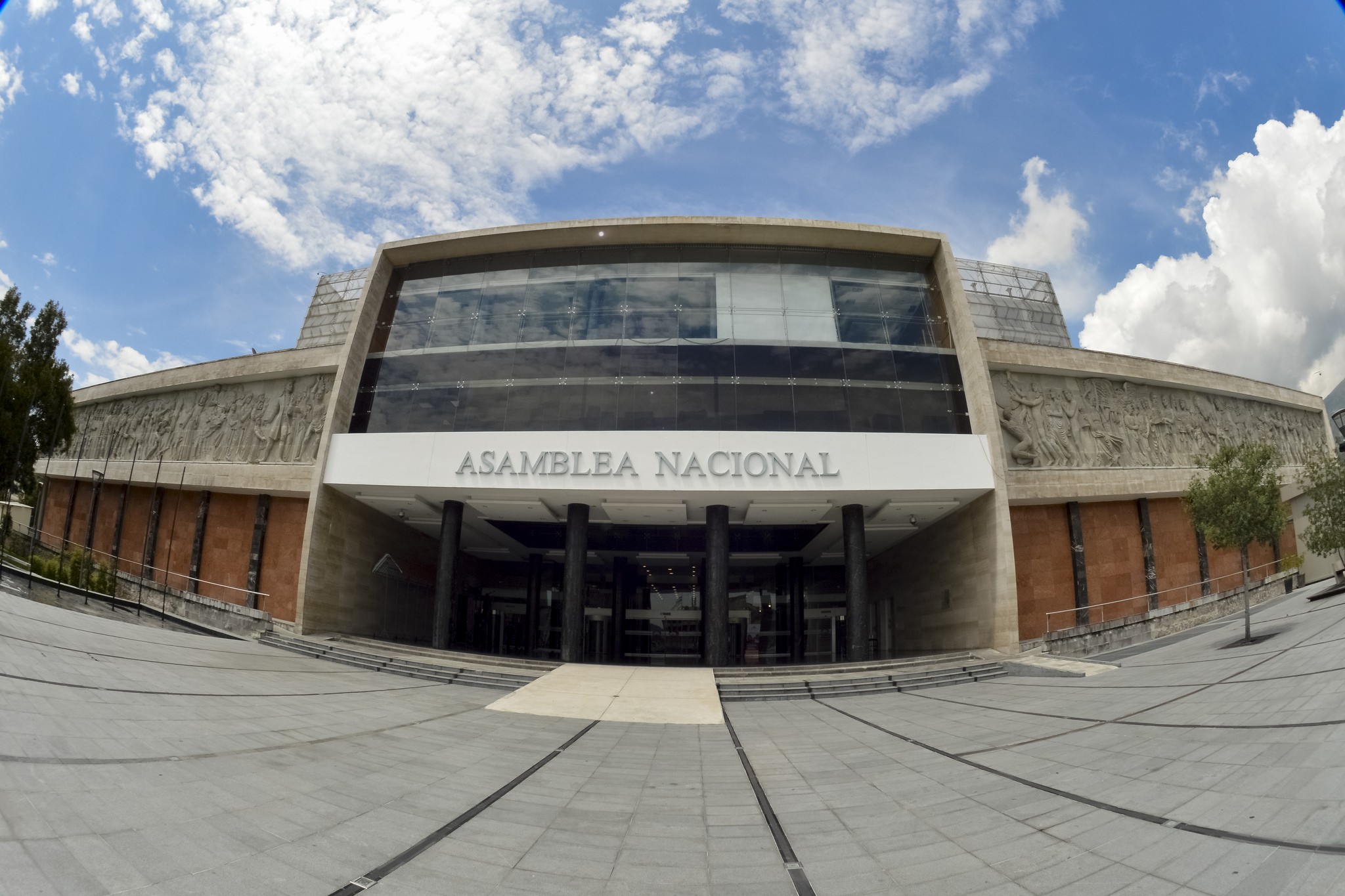Arbitration is still possible for private investors after Ecuador Referendum
April 26th, 2024
On April 21, 2024, a referendum and popular consultation took place with the aim of amending the Constitution of Ecuador (hereinafter “Constitution”) and consulting Ecuadorians on various matters. Of the eleven questions, nine were approved by popular decision. One of the unapproved questions concerns international arbitration. This result has raised some concern among investors about its real effects. Below, we briefly clarify these doubts.
Question “D” of the referendum asked: “Do you agree that the Ecuadorian State recognize international arbitration as a method of settling investment, contractual or commercial disputes?”. An annex that contained the precise objective of this proposal: to amend article 422 of the Constitution to allow the State to sign international treaties with other States that include arbitration clauses (e.g., Bilateral Investment Protection Treaties, FTAs, etc.).[1].
To understand the result of the referendum, it is necessary to recall the provisions of the current article 422 of the Constitution, which, in its central part, prohibits “the conclusion of international treaties or instruments in which the Ecuadorian State cedes sovereign jurisdiction to international arbitration, in contractual or commercial disputes, between the State and private natural or legal persons”. It should be noted that this rule does not prevent the signing of contracts with foreign investors in which national or international arbitration is agreed, but only international treaties between two countries.
Consequently, the practical effect of the “No” vote on the aforementioned question is that article 422 of the Constitution will not be amended and, therefore, the prohibition on signing international treaties with arbitration clauses for the purpose of the state ceding jurisdiction is maintained.
Contracts signed with the State that contain international arbitration clauses (e.g., investment contracts; mining, oil, electricity contracts; associative contracts; public works contracts, etc.) will not be affected in any way by the result of the referendum, since, as explained, the question refers to instruments of international law (treaties and conventions) between States and not to contracts with private investors. It is for this reason that the Ecuadorian State has assiduously signed (and still signs) contracts with arbitration clauses without their validity, applicability or enforceability having been compromised by the referendum.
For more information, please do not hesitate to contact us.
This bulletin contains a summary of legal developments of interest, and therefore cannot be considered as advice provided. If you have any concerns, please contact the team at AVL Abogados.
[1] The annex proposed the following: “Article 422 of the Constitution of the Republic shall be replaced by the following: ‘The Ecuadorian State may conclude treaties or sign international instruments that provide for rules for the settlement of disputes by means of international arbitration, whether in investment disputes or disputes of a contractual or commercial nature, between the State and private natural or legal persons; or in matters related to foreign indebtedness.”




Leave a comment